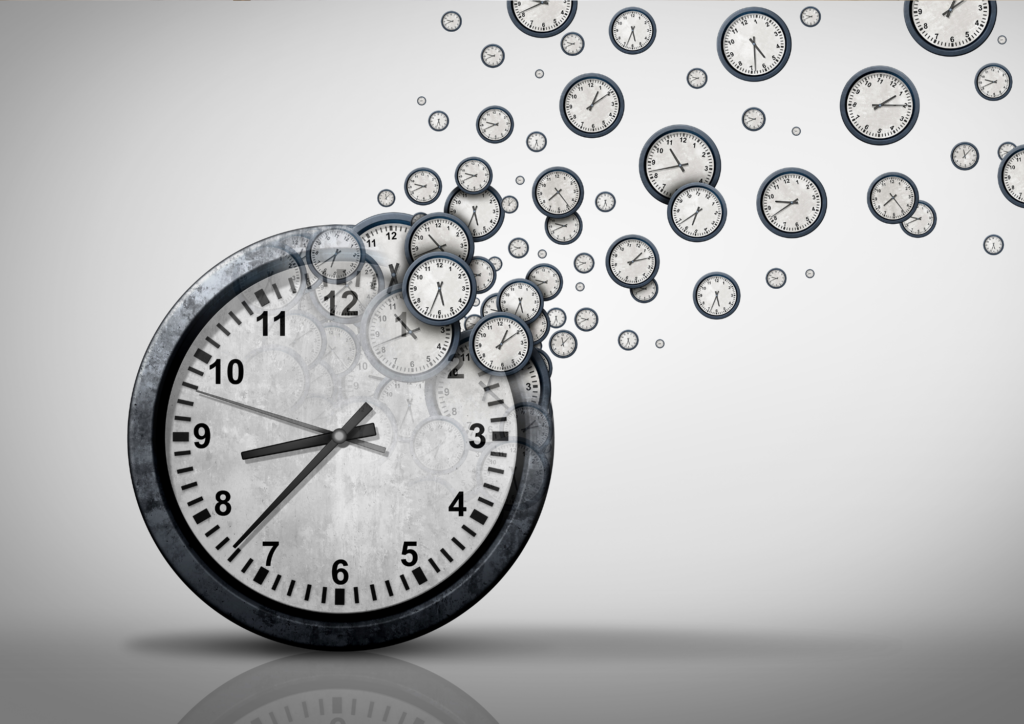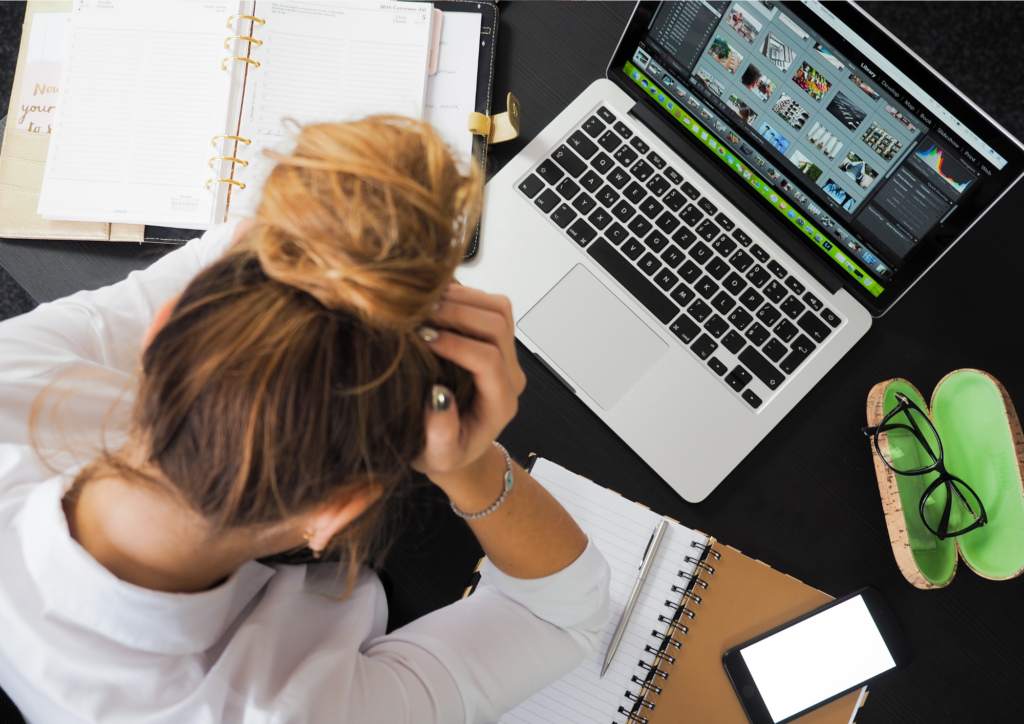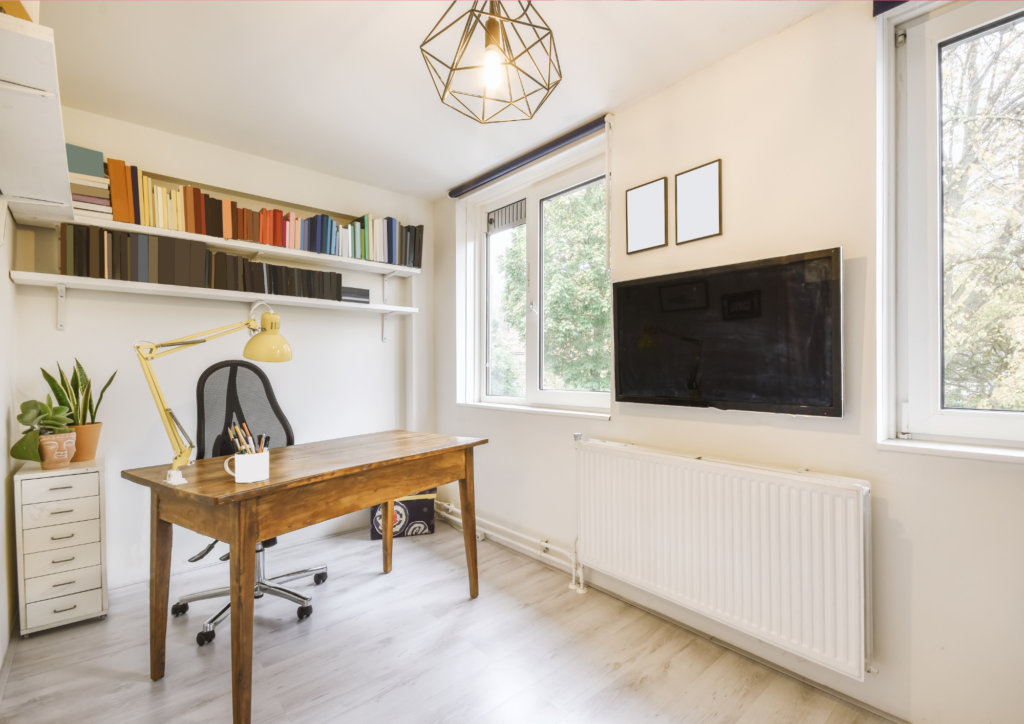It has been two years since the COVID-19 outbreak, yet its effects can still be felt by many of us. One common effect people experience is that time seems to be blurry and passes so strangely.
In fact, studies have shown most people felt their perception of time has been distorted during the pandemic, particularly during the time of community quarantine and social isolation.
On Twitter, many people expressed the same sentiments, asking whether their sense of time has been greatly affected by the pandemic.
i think my brain hadn't fully processed how much the pandemic has affected my sense of time, bc when it started i was on my second year of university and rn i'm *check's notes* about to graduate and have to start thinking like an adult™
— octavia (@peakybastard) February 22, 2022
Time is really strange today -I feel like we lost three hours somewhere. Anybody else feel their sense of time today is different? Did you lose time?
— Melissa Lyran (@MelissaLyran) April 30, 2022
Does anyone else feel like their sense of time/normalcy has been permanently affected by the pandemic? I feel like I'm just perpetually having an existential crisis now.
— Apocalypse 💀 Queen (@ohmyskulls) May 9, 2022
Anyone else feel like the last two years have completely unhinged their own sense of time?
— Rick Godden (@RickGodden) May 9, 2022
While one user shared how he has no sense of time anymore, another user mentioned how they felt they’ve been stuck in 2019.
idk what level of online classes ba nangyayari but i genuinely have zero sense of time anymore? is it the undiagnosed adhd or is it the pandemic era lord knows
— nars | #healthforall (@Narsaysoo) April 25, 2022
https://twitter.com/eleanaurrr/status/1430423028077236224?t=U5MVpe6YjSZkfK2YytMpig&s=19
These tweets indicate that we’re not the only ones wondering what day it is, or how time either flies fast or sometimes takes forever.
Mr. Rainier S. Ladic, a registered psychologist and the founder of The Juan Psychologist on Facebook, revealed that he also had experienced the same thing himself during the first few months of the pandemic, where he felt “confused and limited” at the time.
Speaking with POP!, Ladic recalled: “I felt that what I do to feel alive is no longer accessible to me. I eventually felt a sense of losing the ability to create meaning out of my predictable life.”
To cope with this experience, he shared that he made a conscious decision to take control of his sense of time by “creat[ing] a new experience out of the monotony,” practicing self-regulation, and doing activities that helped him become grounded in the present.
Taking Ladic’s and some of the users’ accounts, it is no doubt that we’re not alone in experiencing a distorted sense of time lately. But how did the pandemic play a role in affecting our sense of time?
For Ladic, he believed that the pandemic brought drastic changes to our perception of time as people didn’t have the time to adjust and prepare when community quarantine began. “It has disrupted and messed up with our biological clock upon doing our day-to-day activities,” he said.
He continued that people can differentiate the days before because of the scheduled activities we’ve established—such as going to appointments, office, or school, to doing leisure activities. But when the pandemic happened and became stuck in quarantine, our normal activities were interrupted.

“This is just difficult for us […] because we have already created a long pattern of time perception in the past years that we have lived our lives,” Ladic explained. “We stopped doing those activities where they should have been done—we study in school, we work in the office, we relax in a coffee shop, and we rest at home. These all changed together with our time perception. We feel more progressive with a dynamic life doing various activities within a specific time.”
Ladic added: “The pandemic gave us a feeling of unproductivity knowing that we got stuck doing almost all aspects of our lives within the four corners of our house.”
Factors that make our sense of time distorted during this pandemic
Many factors influence the distortion of our sense of time during the pandemic. According to Ladic, one factor that plays a part in this phenomenon is the fact that our social rhythm was upended, causing us to lose track of certain activities we should be doing at a specific time.
The next one is the limited existential freedom. Ladic stressed that as the pandemic has greatly affected our mobility, it also limited the physical activities we used to do—including exercising, attending school, working in an office, doing errands, and meeting friends.
“It seemed that our everyday lives became more predictable and monotonous. It didn’t give us the ‘feels’ of variation that helped us to have more quality of experiences,” he said.
Ladic also shared that as the “pandemic made us feel monotonous,” it prevented us from creating new experiences and memories. He explained that new experiences and memories are indicators that “time is passing by productively.” But because people are stuck in isolation with fewer experiences to make, he believed that this set us off track as it “creates the perception of ‘sameness.’”
“We tend to give more attention to new experiences and therefore we feel that the time invested in it is more valuable and you feel your existence,” said Ladic. “When you start to feel that every day is unchanging and it does not give us a feeling of variation, it creates within us a perception of ‘sameness’ therefore making us more off-track with our timeline. It takes away our attention in the ‘here-and-now’ because it seems there is nothing new to look forward to.”
The last factor contributing to the distortion of our sense of time is the increased stress level brought by an “unvarying routine.”

He explained: “It (having an unvarying routine) increased our [stress] levels that could eventually affect our cognitive abilities, which include our perception of time. Many people seem to have memory lapses because of unmanaged stress.”
What this means for our emotional and mental well-being
According to Ladic, having a distorted sense of time due to the pandemic affects our whole well-being, particularly our emotional and mental well-being.
“First, it [will] make us feel confused and disorganized when it comes to what we have to accomplish,” he said.
He then went on to continue that this will make a shift in our sense of direction, and may cause us to forget important things, which can lead to anxiety and stress, even burnout, nervous breakdowns, and mental health issues.
Ladic also said that our productivity will also be at stake, which may prevent us from having quality experiences. He explained that monotony and predictability may lose the “sense of meaningfulness” in people’s lives.
Lastly, Ladic emphasized that the lack of boundaries between our personal life and other aspects of life causes stress “because we have lost the ability to create separateness.” “This further aggravates our perception of time to become more confused. We work/study longer and our time to rest is compromised and vice-versa,” he explained.
3 tips to regain control of your sense of time
So, what can we do about this phenomenon and regain control of our sense of time?
As per Ladic, he suggested that we must develop our self-regulation skills as this will help us keep ourselves on track to our target direction in life. He also recommended practicing this skill by managing your reactions to the situations we’re in.
He also shared that we should also add self-care activities and variations in our lifestyle, such as taking a rest, doing leisure activities that can be done in the comfort of our own home, connecting with friends and loved ones, exercising, and meditating.
“When we choose to self-regulate, we do not wait for things to get better but we do something to make it actually better,” Ladic said.
Another tip one can take is to set a daily routine and schedule activities to do on a specific day. This will not only give us a “sense of direction,” but also “to be more organized to accomplish our activities without compromising our time for rest.”
He then suggested planning and readjusting our schedule now that we are transitioning to face-to-face settings to avoid being overwhelmed with stress and sudden changes, and to help regain the “harmony in our social rhythm.”
The last tip Ladic recommended is to be organized. He explained that being organized will “help you to mentally compartmentalize your life.” He suggested dedicating a small space for school or office essentials and separating the things you use for school and work to your sleeping area. He said that by doing so, “it could make our perception of time more illuminated” due to the boundaries we built.

But of course, to regain control of our sense of time, Ladic reminded us that we should also cultivate our self-awareness because “having self-awareness is the key to having the willingness to help ourselves.”
Other POP! stories you might like:
Authors’ morale is low since the start of the pandemic
How fashion brought positivity to Gen Z during the pandemic
Filipinos dish out on what the #PandemicEffect is after Belo ad goes viral



